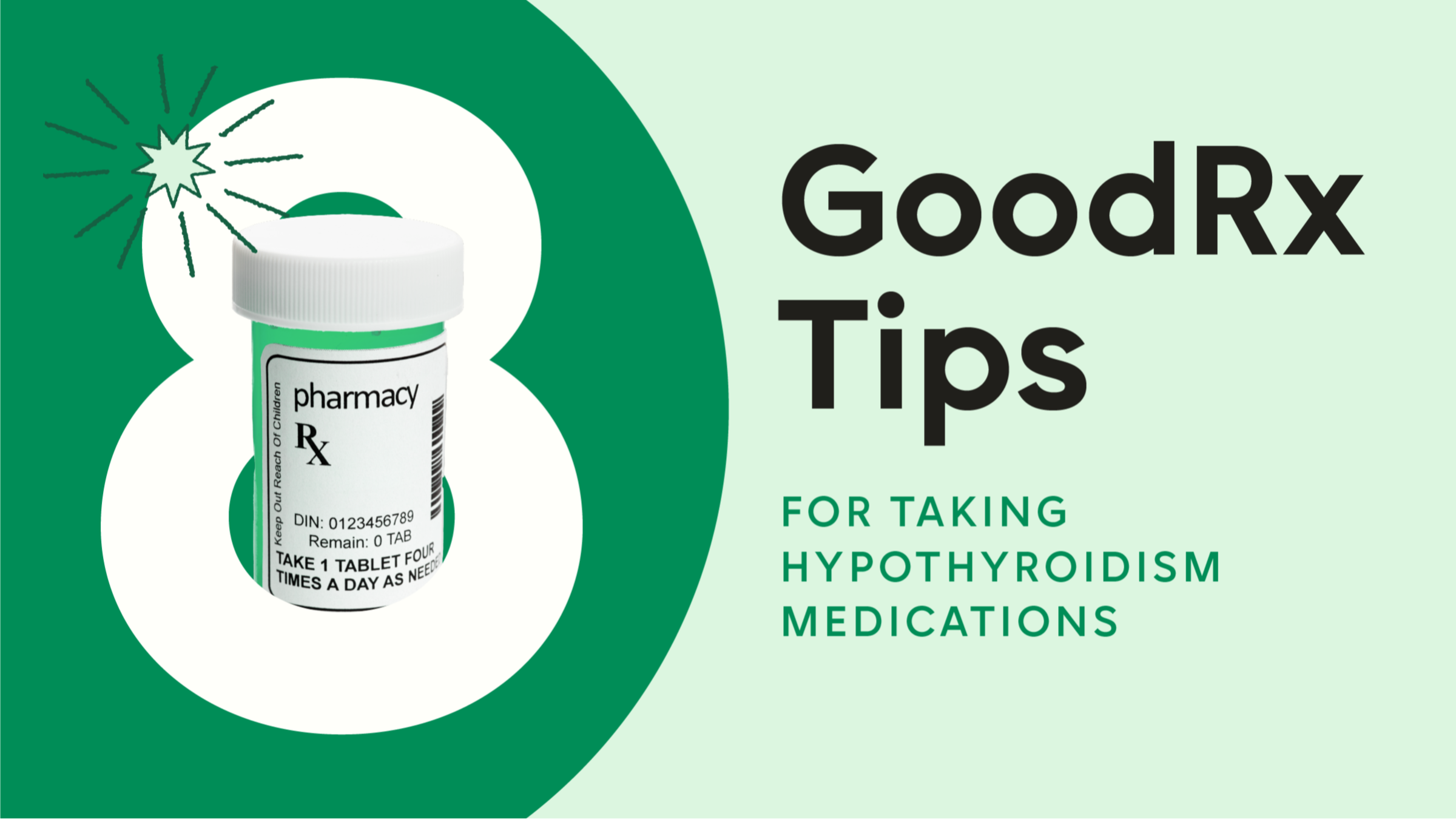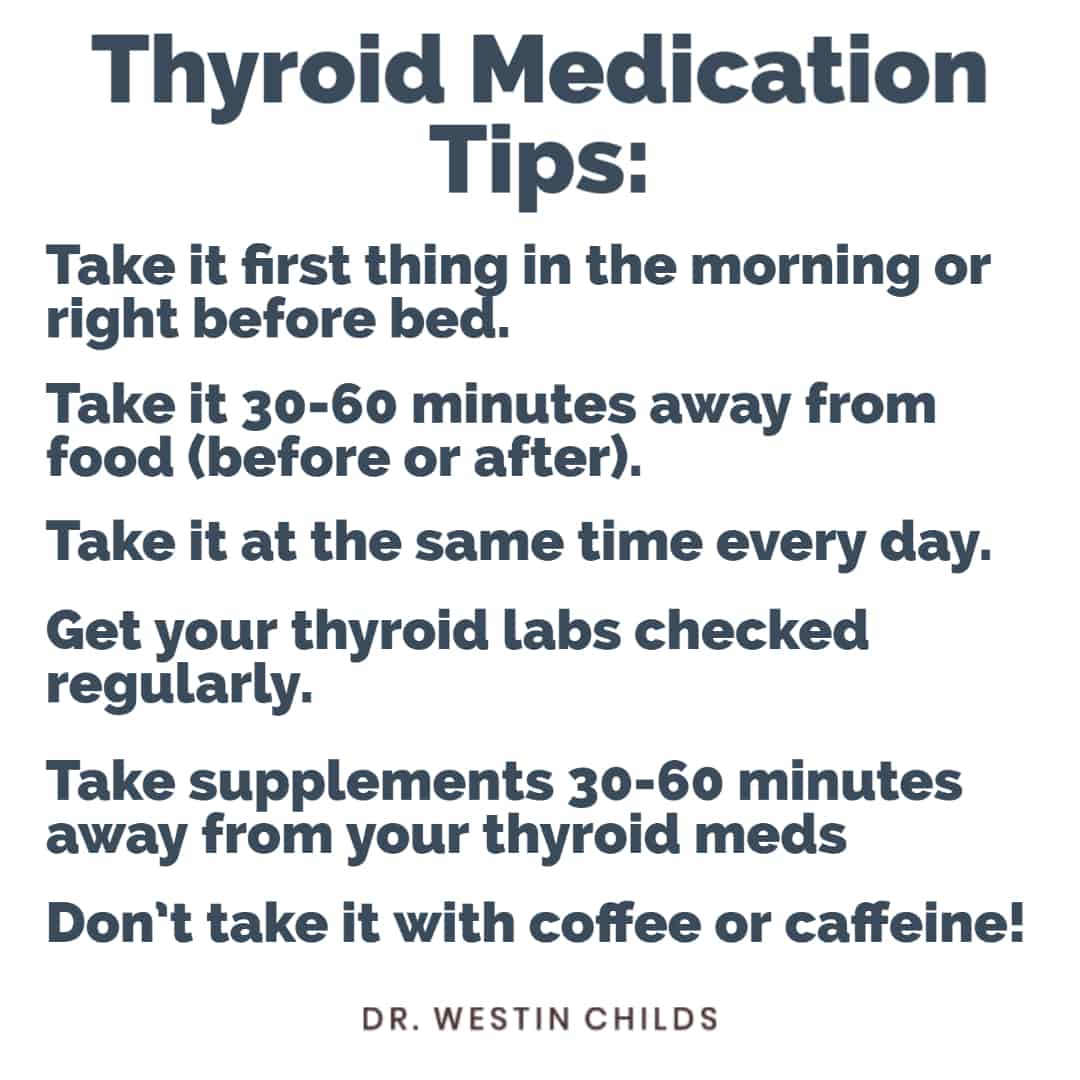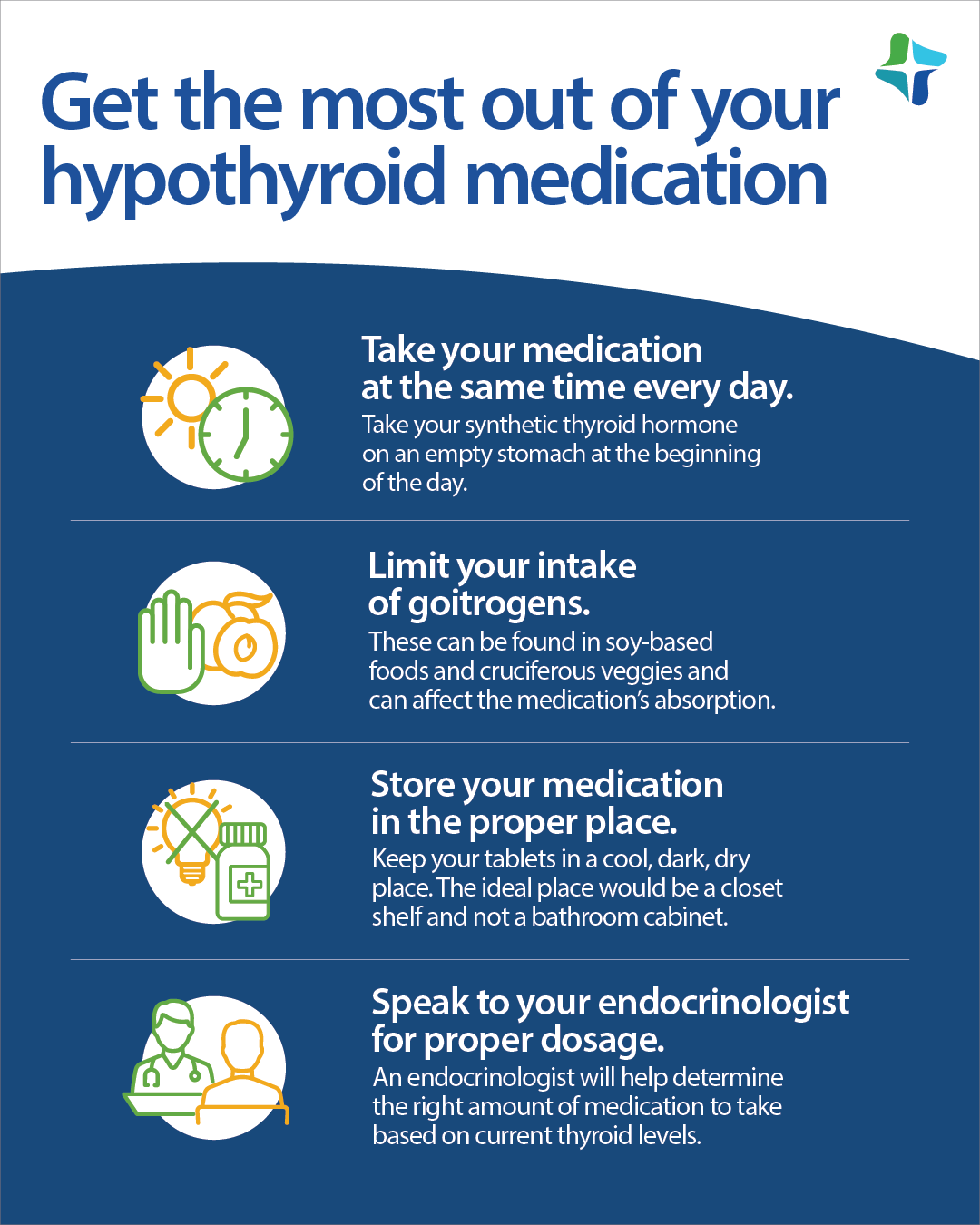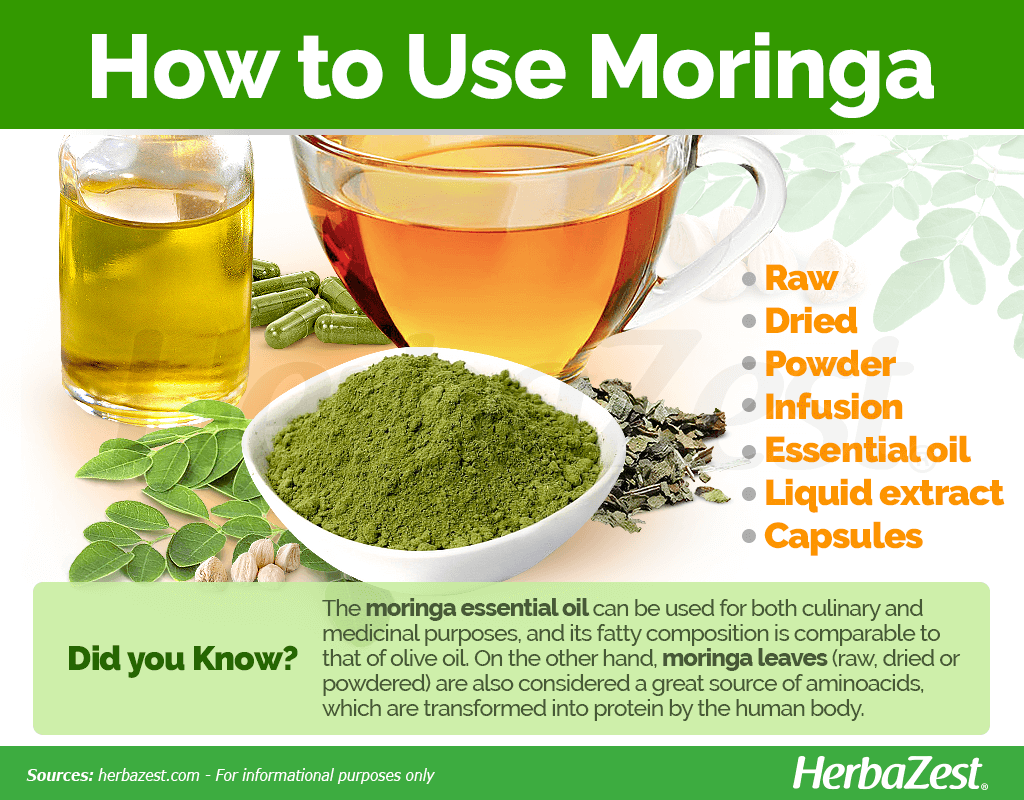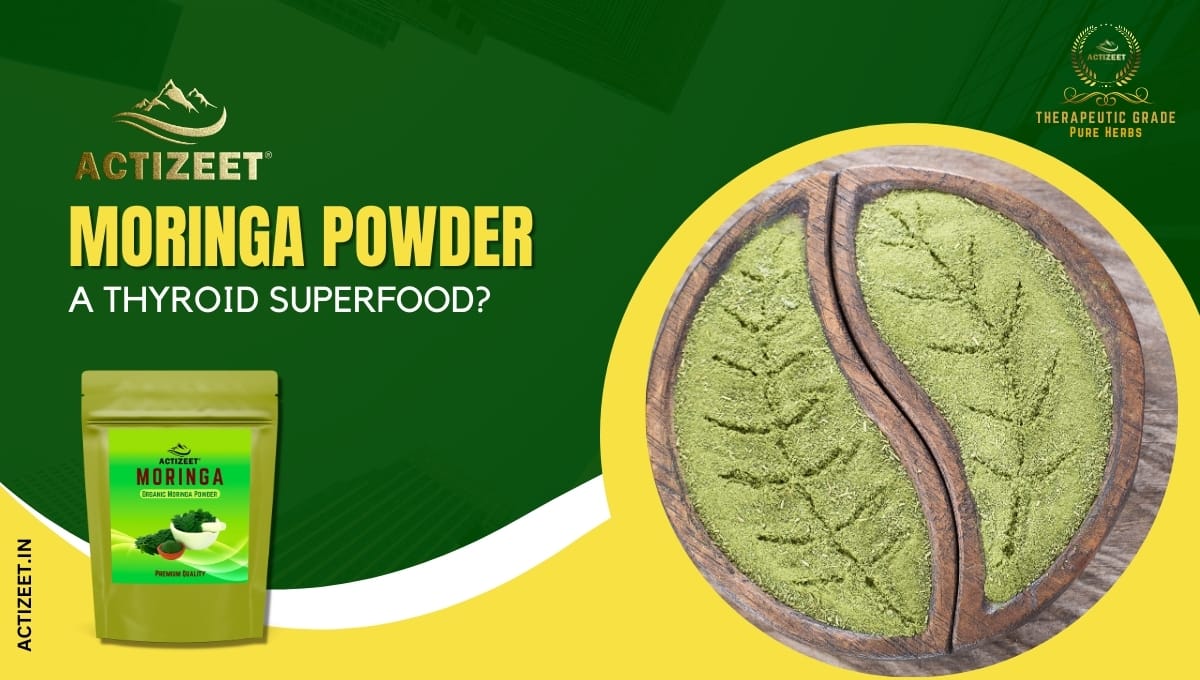Can You Take Moringa With Thyroid Medication

The rise of natural remedies has led many to explore alternative ways to manage their health, but this pursuit often intersects with existing medical treatments, creating potential conflicts. One such intersection involves Moringa oleifera, a plant lauded for its nutritional and medicinal properties, and thyroid medication, a crucial component of managing thyroid disorders. Understanding the potential interactions between these two is critical for patient safety.
This article delves into the question: Can you take moringa with thyroid medication? It aims to provide a comprehensive overview of the current scientific understanding, potential risks, and expert opinions on the concurrent use of moringa and thyroid medications, empowering individuals to make informed decisions in consultation with their healthcare providers. We will explore existing research, consult with endocrinologists and herbal medicine experts, and highlight the importance of personalized medical advice.
Understanding Moringa and Its Potential Effects
Moringa oleifera, often referred to simply as moringa, is a plant native to the Indian subcontinent. It's been used for centuries in traditional medicine due to its purported anti-inflammatory, antioxidant, and antimicrobial properties. Moringa leaves, seeds, and pods are rich in vitamins, minerals, and antioxidants, leading to its popularity as a dietary supplement.
Some studies suggest moringa may affect thyroid hormone levels, but the evidence is limited and often comes from animal studies. This introduces uncertainty about how moringa interacts with thyroid hormones in humans, especially when taken alongside prescribed medication.
Thyroid Medication: A Critical Component of Hormone Regulation
Thyroid medications, such as levothyroxine (Synthroid), are synthetic forms of thyroxine (T4), a hormone naturally produced by the thyroid gland. They're prescribed to individuals with hypothyroidism, a condition where the thyroid gland doesn't produce enough thyroid hormones. These medications are crucial for maintaining metabolic balance and overall health.
The dosage of thyroid medication must be carefully calibrated to maintain optimal hormone levels, and this is regularly monitored through blood tests. Any factor that interferes with the absorption or metabolism of levothyroxine can significantly impact its effectiveness.
Potential Interactions: What the Experts Say
While research specifically examining the interaction between moringa and thyroid medication is scarce, experts raise concerns about potential interference. Dr. Emily Carter, an endocrinologist at the Mayo Clinic, emphasizes the importance of caution. "Because moringa can affect several bodily functions, including potential modulation of the endocrine system, concurrent use with thyroid medication needs careful consideration," Dr. Carter stated.
One potential concern is moringa's potential effect on thyroid hormone conversion. Some research suggests moringa might impact the conversion of T4 (inactive form) to T3 (active form) of thyroid hormones, though more research is necessary. Professor Alana Reed, a herbal medicine specialist at the University of Maryland, highlights this area as needing more comprehensive research.
Absorption Issues
Certain compounds in moringa may interfere with the absorption of levothyroxine in the gut. This is particularly relevant as levothyroxine absorption is already sensitive to various factors, including food, other medications, and supplements. Reduced absorption leads to lower levels of thyroid hormones in the blood.
Metabolic Interference
Moringa contains compounds that might affect liver enzymes involved in the metabolism of thyroid hormones. Altering these enzymes could lead to either increased or decreased levels of active thyroid hormone in the body.
The Importance of Personalized Medical Advice
Given the potential for interactions and the lack of definitive research, consulting a healthcare provider is paramount. Self-treating or combining moringa with thyroid medication without medical supervision is not advised. Every individual's physiology differs, and what might be safe for one person could be detrimental to another.
When speaking with a healthcare provider, it’s crucial to provide a complete list of all medications, supplements, and herbal remedies being taken. This information is critical for a comprehensive assessment of potential interactions.
Navigating the Use of Moringa Safely
If, after consulting a doctor, an individual decides to incorporate moringa into their regimen while taking thyroid medication, close monitoring is crucial. Regular thyroid function tests will help determine if moringa is affecting thyroid hormone levels. Any changes in symptoms, such as fatigue, weight fluctuations, or mood swings, should be immediately reported to the healthcare provider.
Timing can also be a critical factor. Taking moringa at a different time than thyroid medication, ideally several hours apart, might help minimize potential interference with absorption. However, it's vital to get personalized advice from a healthcare professional.
Future Research and Concluding Thoughts
The current understanding of the interaction between moringa and thyroid medication is limited. More robust, human-based studies are needed to fully elucidate the effects of moringa on thyroid function and medication effectiveness. Future research should focus on determining the specific compounds in moringa that may interact with thyroid hormones, as well as the optimal timing and dosage to minimize potential risks.
The exploration of natural remedies like moringa is understandable, but it should always be approached with caution, particularly when existing medical conditions and medications are involved. Open communication with healthcare providers, informed decision-making, and meticulous monitoring are crucial for ensuring safety and effectiveness. The key takeaway is to prioritize evidence-based medicine and personalized care over anecdotal evidence, to maintain optimal health and well-being.




